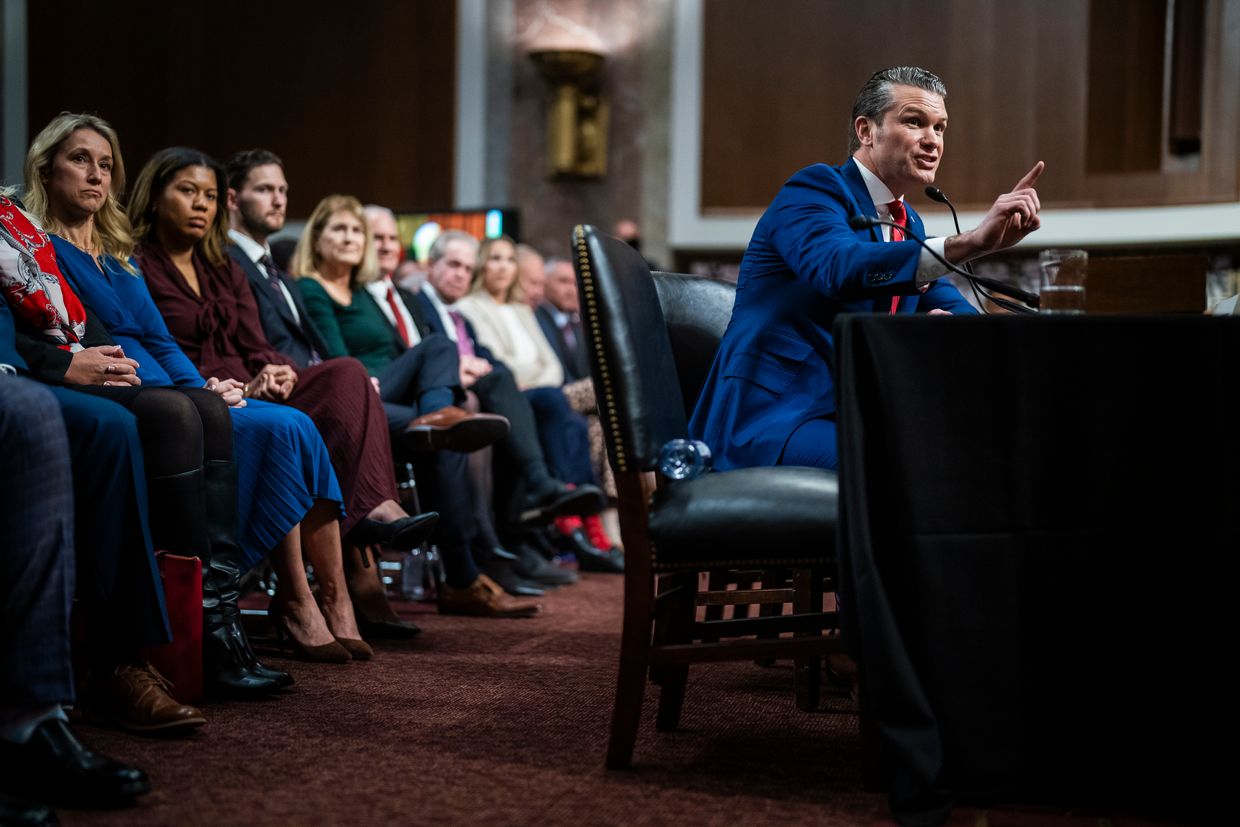Biden team seeks European support to leverage frozen Russian assets in talks with Moscow, CNN reports

As the Biden administration prepares to leave office, it is reportedly urging European partners to support the transfer of frozen Russian central bank assets worth $300 billion to a special account as leverage in negotiations with Moscow, CNN reported on Jan. 15, citing anonymous administration officials.
The strategy reportedly aims to pressure Moscow by signaling the funds could only be reclaimed through negotiations with Ukraine.
"If you want to get this money, you will have to negotiate," a source told CNN.
The proposal involves moving the frozen assets, currently held primarily in European banks, to a deposit account from which withdrawals would only be allowed as part of a future peace deal with Ukraine.
Biden officials are reportedly discussing the plan with President-elect Donald Trump's team, including Secretary of State nominee Marco Rubio, and incoming National Security Adviser Mike Waltz. Both reportedly back the initiative, aligning with Trump's goal to expedite a resolution to the war.
European governments have reportedly expressed hesitancy about the plan, citing concerns over its compliance with international law. Confiscation of frozen Russian funds has been a contentious issue, and even using the assets' annual income — around $3.2 billion — required significant negotiation.
The European Union recently disbursed €3 billion ($3.09 billion) to Ukraine as part of a $50 billion G7 loan initiative. The EU's €20 billion ($20.6 billion) contribution to the program is partially funded by income from frozen Russian assets.
The U.S. has also contributed $20 billion toward the loan assistance, showcasing a concerted Western effort to support Ukraine financially while leveraging Russian assets.
Outgoing President Joe Biden expressed confidence on Jan. 10 in his administration's support for Ukraine, saying he did "all I could to help" while voicing hope for continued U.S. backing under Trump.
As the U.S. transitions to a new administration, the international community's stance on utilizing these assets may significantly influence diplomatic efforts to end Russia's war against Ukraine.












